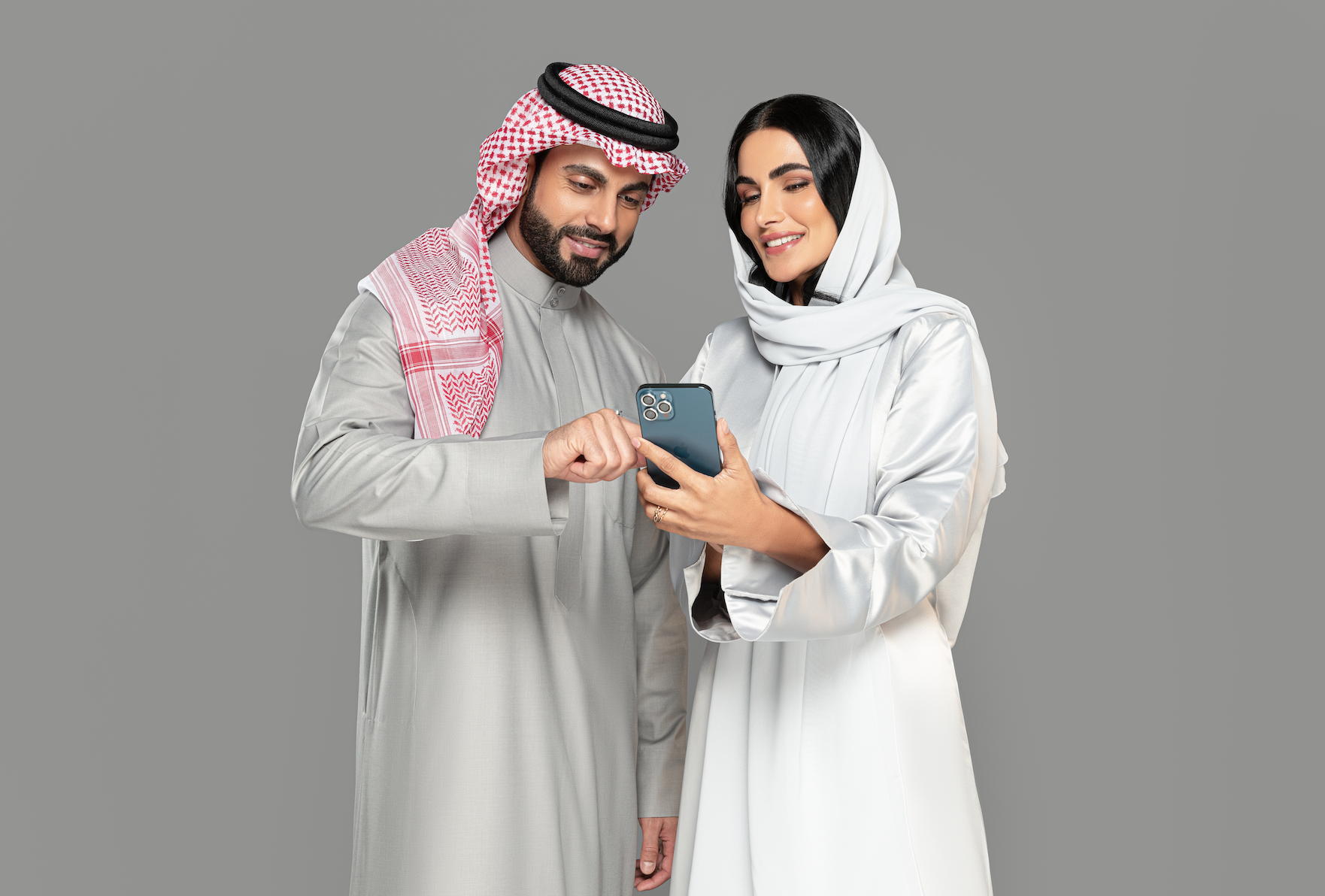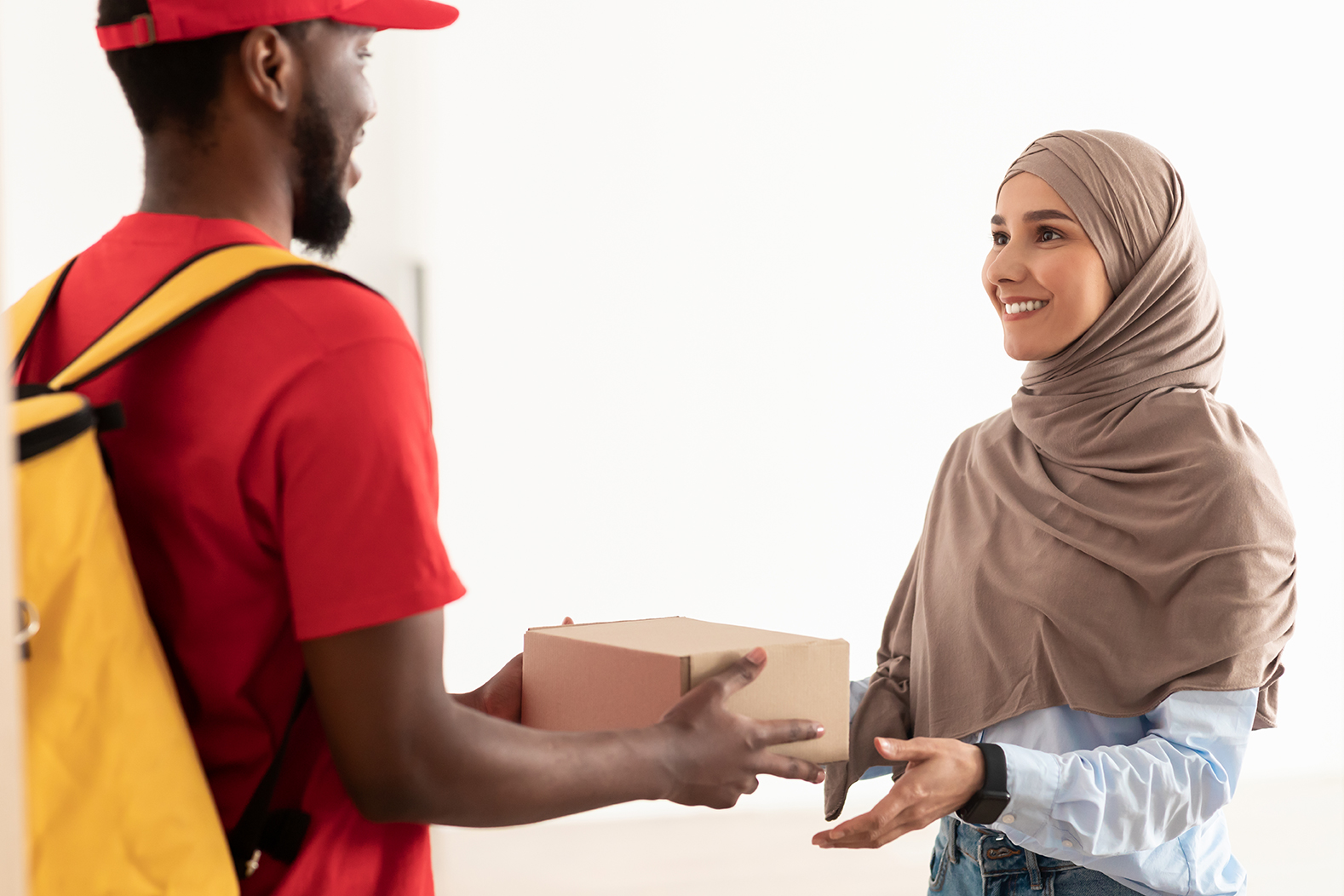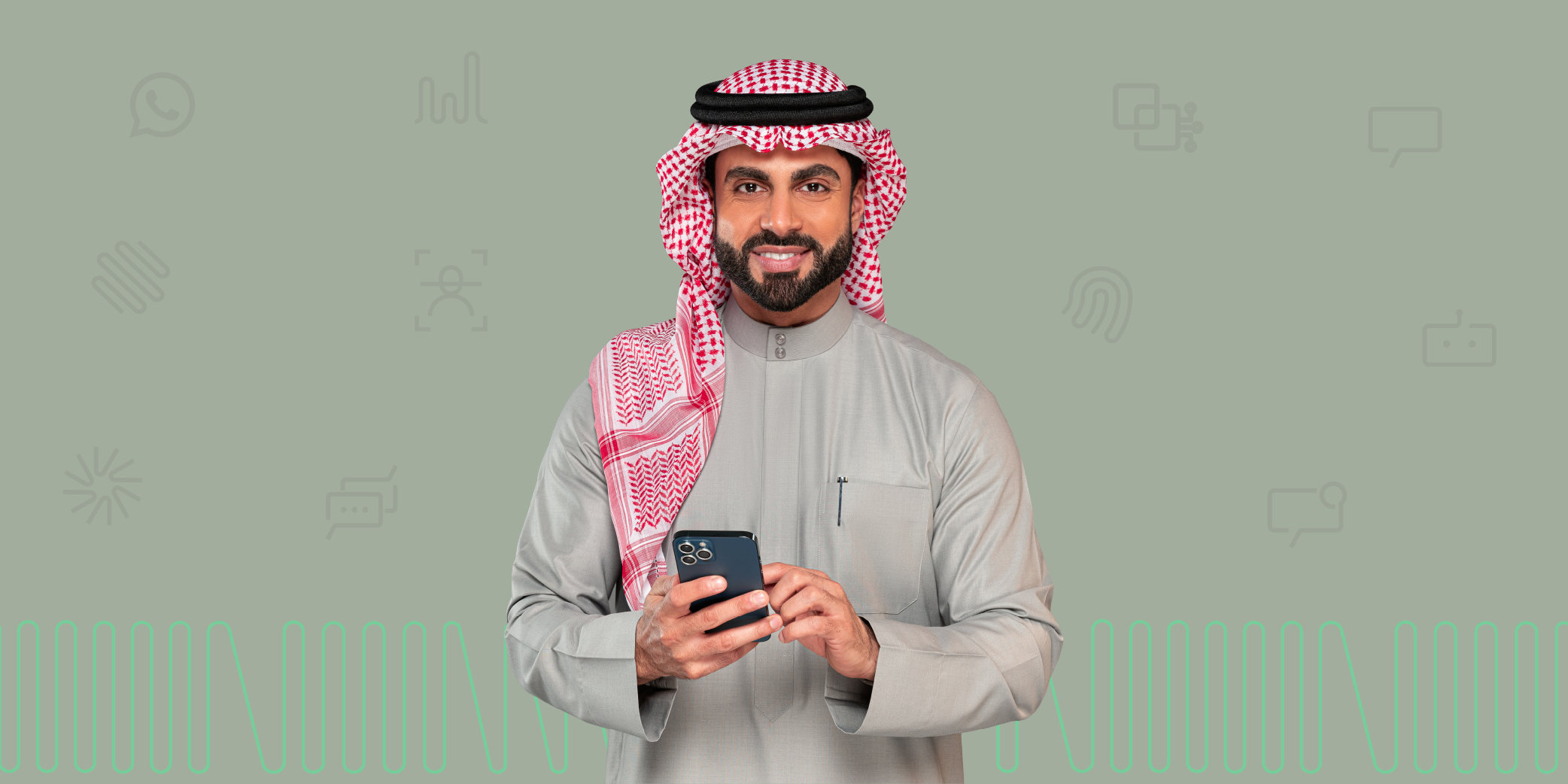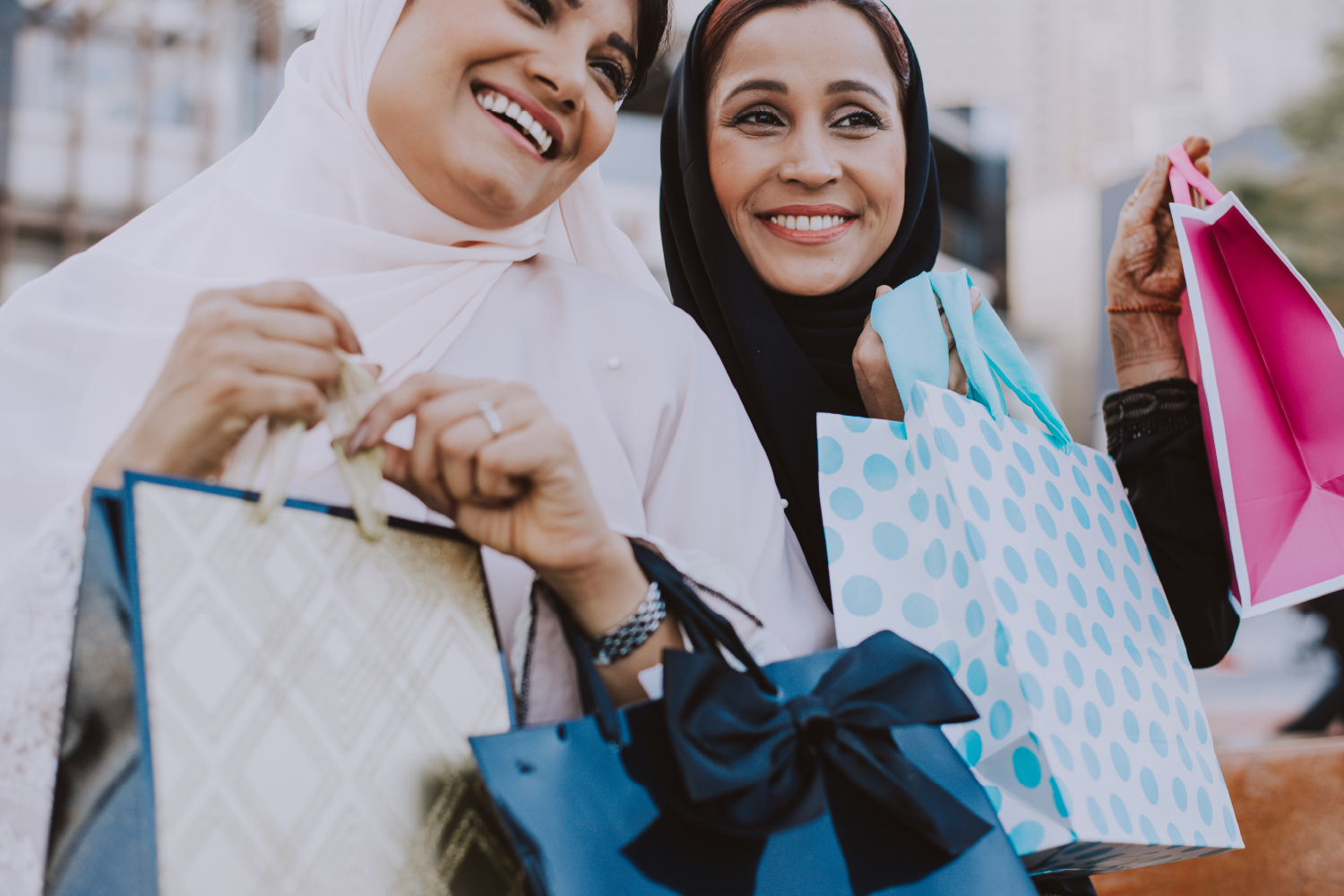How to maximize customer engagement during Ramadan
How to maximize customer engagement during Ramadan

Ramadan is an ideal period for reflection, connection, and dialogue, making it a perfect opportunity to engage in meaningful conversations with your customers. There is no better time to prioritize conversational business messaging, and here's why.
Online activity increases significantly during Ramadan, with time spent browsing categories 72% higher than usual. Furthermore, a recent Unifonic-commissioned research study of 1000 consumers across KSA & UAE revealed that in 96% of cases, people go online either to purchase or enquire about a product or service.
Brands need to ensure they are present on the right channels during Ramadan to ensure they capture the attention of online, social and mobile shoppers during the season.
The same research study revealed the prominence of WhatsApp, as the primary channel for consumers in the Middle East, with 2/3rds selecting WhatsApp as their preferred channel when communicating with a brand.
Additionally, personalization was highlighted as a key factor that consumers want brands to prioritize in 2025, with 4 out of 5 people defining personalization as “offers tailored to their interests”.
Online and social activity tends to peak between 6 PM to 7 PM and from 12 AM to 4 AM during Ramadan. These times may not align with conventional business hours, presenting an ideal opportunity to utilize conversational channels to accommodate the demand for 'anytime shopping.'
Unifonic's retail customers, for example, saw a remarkable increase in customer engagement using WhatsApp, with engagement levels rising by up to 310% during Ramadan in 2024. This demonstrates the effectiveness of these tools in enhancing continuous communication with clients.
Conversational Marketing during Ramadan
Conversational marketing creates direct and meaningful channels of communication with both current and prospective customers. It enables immediate and seamless cross-channel engagement through automation and AI. These interactions are particularly effective for helping organizations meet customer demands anytime and anywhere.
The more a customer engages in conversation with a brand, the more that brand can learn and tailor the customer experience to their needs. The insights gathered from these conversational interactions are proving to be extremely valuable. In fact, conversational marketing can increase conversion rates by as much as 82%.
Facilitating engaging conversational experiences
AI-powered omnichannel conversational marketing allows you to turn static touchpoints across platforms and ads into vibrant dialogues. Identify unique conversational opportunities on your website, apps, and social media like WhatsApp and Instagram. By incorporating these interactions into a cohesive customer experience, you will cultivate meaningful connections and establish enduring relationships.
Using conversations to boost marketing ROI
One effective strategy to integrate conversational channels into your customer journey involves linking social media advertisements to WhatsApp, which can significantly improve conversion rates and assist in achieving revenue targets.
By enabling potential buyers to connect via WhatsApp from various digital platforms, brands can enable immediate engagement with customers. Utilizing chatbots to address inquiries and guide potential buyers toward a purchase not only streamlines the communication process but also personalizes the customer experience. This strategic approach facilitates interactions that can ultimately lead to sales.
Personalizing each step of the customer journey
In order to provide a truly personalized experience, brands need to cultivate authentic connections with their customers rather than solely focusing on mass transactions. By shifting the emphasis toward individual relationships, companies can create meaningful interactions that enhance customer loyalty and engagement.
With the decline of third-party cookies, the necessity to generate and leverage first-party data has become fundamental to achieving this. This data provides invaluable insights into customer preferences and their respective stages in the buying journey, enabling brands to implement more targeted and effective marketing initiatives.
Chatbots can collect first-party data through online interactions. Furthermore, integration with Customer Data Platforms, such as Unifonic’s Audience, allows brands to consolidate their data streams from various chat platforms and business systems. This allows for the collection of comprehensive customer data— including opt-ins, preferences, purchases, and demographic information—to develop detailed customer profiles. When this data is paired with omnichannel marketing campaigns, it empowers brands to deliver personalized experiences that are informed by previous interactions.
Conversational Support during Ramadan
During Ramadan, companies must prioritize effective post-purchase support, as customers expect swift responses and 24/7 assistance. According to Unifonic's consumer survey, 63% of customers still prefer human support and are willing to wait for it, leaving room for the development of more sophisticated chatbot experiences.
There is however, an increasing acceptance of AI-driven chatbots. Confidence in AI customer support is high, with 60% of customers expressing trust in these systems. Preferred communication channels include webchat (55%) and applications like WhatsApp (42%).
When selecting a chatbot, brands need to ensure that advanced NLU (Natural Language Understanding) & LLM (Large Language Models) are used to better understand and respond to customer queries. Chatbots should be capable of accurately detecting intent and language, analyzing sentiment, and managing multiple channels consistently. They should also transfer interactions to human agents with full conversational context when necessary.
Unifonic's conversational customer care solutions offer businesses AI-driven automation tools that facilitate seamless communication across various channels, including WhatsApp, web, or in-app chat. These solutions incorporate AI chatbots for round-the-clock support and an agent console for human agents to manage more complex inquiries, ensuring a personalized touch in engaging chat interactions.
2024 Ramadan Business Messaging Trends
Innovative businesses are transforming their conversion rates by seamlessly shifting potential customers from traditional marketing channels to WhatsApp. This strategic move is particularly effective during Ramadan, a time when engagement reaches new heights. By embracing this dynamic platform, companies can connect with their audience in a more personal and impactful way. Here are some of the industry trends Unifonic witnessed from businesses during Ramadan in 2024:
- Charities noted a modest uptick in business messaging of around 22% during Ramadan, primarily focused on fundraising efforts.
- In contrast, the banking and finance sectors experienced a notable 56% increase in messaging volume due to additional Ramadan and Eid-related communications.
- The education sector witnessed a remarkable surge of 106% in messaging during Ramadan and Eid, driven by communications tied to these events.
- Furthermore, healthcare saw a significant rise of up to 166% during Ramadan and Eid, largely attributed to the greetings sent during the holiday.
- Although retail and e-commerce maintained steady messaging volume throughout the year, customer engagement soared by as much as 310% during Ramadan, thanks to the conversions and chatbot interactions that occurred following the messages.
WhatsApp offers countless opportunities to connect with customers meaningfully during Ramadan. Embrace this powerful tool to enhance engagement and strengthen relationships throughout this special month.

As we embrace Ramadan, it's essential for brands to recognize the evolving expectations and behaviors of consumers during this significant period.
With a focus on value-added dimensions like personalized offerings that honor cultural traditions, exceptional customer experiences that resonate with the spirit of community, transparent communication that fosters trust, and robust post-purchase support, brands can effectively strengthen loyalty.
By aligning your strategies with the expectation of customers during Ramadan, you will not only enhance customer relationships but also create individual connections and meaningful interactions that transcends the season.
Related articles

28 August 2022
Use Cases for WhatsApp Business API in the Logistics Sector
Read more


.png?width=4000&height=1163&name=email-06%201%20(1).png)

